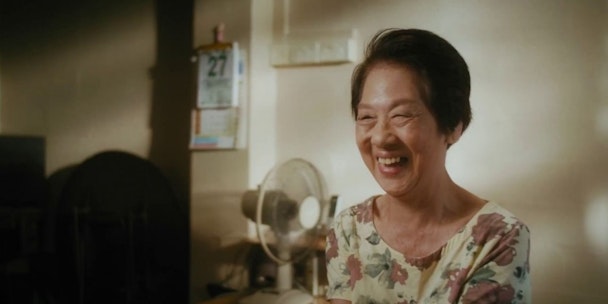Singaporeans increasingly support gender equality and are ready to accept female leaders
These days, Singaporeans tend to disagree that men are better leaders in politics or business and are showing a greater acceptance for female leaders, according to a survey by the Institute of Policy Studies.

54.3% disagreed men make better political leaders than women
The survey in questions asked respondents six statements that reflected traditional gender belief, including questions like “if university education was more important for men” and if being “being a housewife is as fulfilling as working for pay”.
However, IPS researchers found that beyond sectoral representation, there are ongoing concerns that while women are well-represented in the workforce, traditional gendered divisions of labour still occur in the household, making it harder for women to achieve progress.
This is especially so if the dominant view and expectation at both the household and state level are that the primary role of women is motherhood, or that parenting responsibilities fall to the mother by default.
IPS noted the responses to the six questions into an overall index on gender equality, Singapore scored a mean of 16.39, where higher scores indicate stronger support and the maximum score was 24.
“It appears that the overall population is quite supportive of gender equality values, given that the mean is 16.39, above the midpoint of 12. Some sectors that have seen a lower representation of women included Parliament and corporate boards, but in both cases, there has been steady progress in achieving greater representation in recent years,” said IPS researchers.
The survey polled 2,012 Singaporeans as part of World Values Survey, which is conducted once every several years and asks people from 80 countries about their thoughts on a wide range of issues, including politics, attitudes towards work and family and gender equality.
What did the survey find?
-
54.3% disagreed men make better political leaders than women. In contrast, in 2002, 56.3% of respondents either agreed or strongly agreed with this statement, compared with 46.5% in 2012.
-
56.5% disagreed men make better business executives than women. Only 23.4% of respondents agreed or strongly agreed with this statement, down from 39.4% in 2012.
-
53.1% disagreed university education is more important for boys than girls. Only 17.6% of respondents agreed to this statement in 2020, down from 26.1% in 2012.
-
54.8% agreed being a housewife is as fulfilling as working for pay. This is similar in 2012, with 66.4% either strongly agreeing or agreeing with the statement, compared with 66.9% today. In 2002, 75.3% felt that way.
-
37.5% disagreed men should have a greater right to a job than women when jobs are scarce. In 2012, respondents were evenly spread between being agreeable, disagreeable and remaining neutral, although there was an inclination to disagree with the statement in 2002.
-
41.8% disagreed problems may arise if a woman were to earn more money than her husband. Only 34.8% of the respondents in 2012 said that they disagreed with the statement, 42.8% remained neutral, and 22.4% agreed.
Why does this matter?
-
Despite the survey results, gender representation in Singapore’s advertising lags far behind reality.
-
Ads in Singapore are six times more likely to show women doing domestic chores than men, and men are 32% more likely to be featured in lead roles.
-
A PwC survey in 2015 revealed that just 31% of female Singaporean millennials starting their careers believed they could reach senior positions at their current employer. That study found that 91% of female millennials in a relationship are part of a dual-career couple; while 66% of respondents globally earn the same or more than their partner or spouse, the number is 69% in Singapore.

